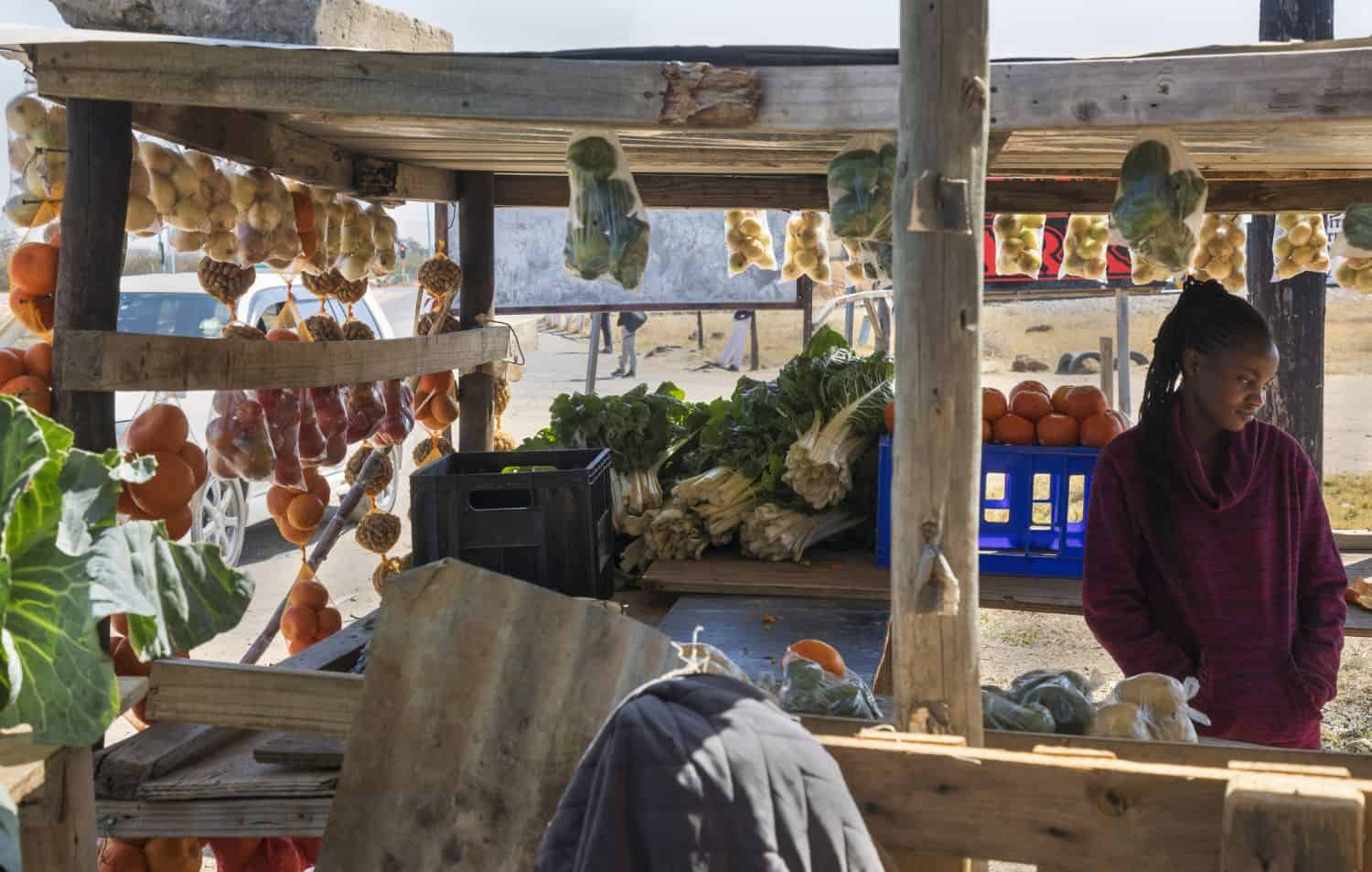Ryan Pearce says the expansion of Kasi businesses enables economic and job growth.

Kasi businesses represent an important, yet untapped, economy across South Africa’s townships, where cash remains king and small businesses are often excluded from formal financial inclusion due to traditional and outdated views of this sector.
Ryan Pearce, head of sales at Altron FinTech, says this needs to change.
“As a country, we must bring more people into the formal economy so they can unlock finance to expand their businesses and make their voices heard through formal platforms such as business chambers.”
What are kasi businesses?
Kasi businesses include stokvels, spaza shops, hair salons, and various other small and large Kasi enterprises, such as room rental income.
He adds that the expansion of Kasi businesses enables economic growth and more jobs. These businesses are likely not counted among the small and medium enterprises (SMEs) that are recognised as the heartbeat of the economy, employing between 50% and 60% of all South Africans.
“This undervalues their contribution to employment and economic activity,” says Pearce.
“This is why Kasi business solutions are being developed to enable this informal sector to thrive, grow, and contribute even more to the economic growth and development desperately needed, given our high unemployment rate.”
ALSO READ: Here are the benefits of township businesses moving cashless
Kasi businesses remain unseen
He highlights that Kasi businesses are largely overlooked by the South African Revenue Service, limiting the government’s ability to assess potential tax revenue and better plan for socio-economic development, such as expanding access to education, healthcare, policing, and other essential socio-economic services.
“Statistics South Africa’s latest data indicates that 1.9 million South Africans ran non-VAT registered businesses in 2023, up from 1.5 million a decade earlier. Both figures are probably understatements.”
Pearce adds that there is no better approach than engaging directly with the very people who buy products and services from Kasi businesses, by hiring them to conduct fieldwork.
Solutions to problems
He says that to ensure actual problems are solved, there must first be an understanding of what is happening on the ground.
“There is no better approach than engaging directly with the very people who buy products and services from Kasipreneurship beacons by hiring them to conduct fieldwork.”
Feedback from research teams working within these communities, such as those operating in Soweto, who survey the landscape from the perspective of living there and being customers of Kasi businesses, shows that inclusive and digital-first payment solutions are the way forward.






